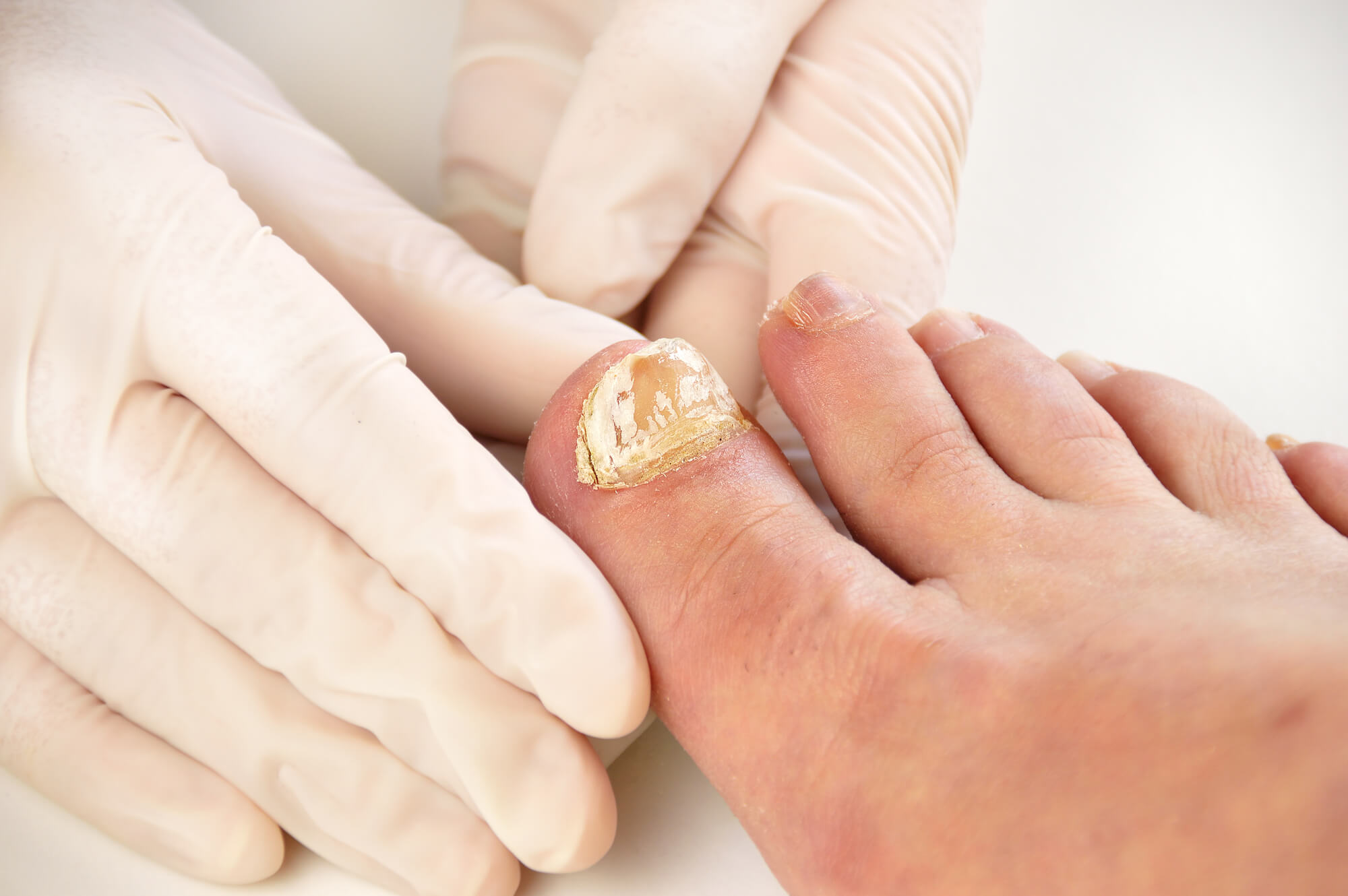When to See a Podiatrist about Nail Fungus
Nail fungus is a common condition that affects many people, causing thick, discolored nails that can be unsightly and uncomfortable. While mild cases may be treatable at home, more severe cases require medical attention. A podiatrist is a specialist who can provide expert care and treatment, and it is important to know when to see a podiatrist for your condition.
Symptoms of Nail Fungus
Nail fungus can cause a range of symptoms, including:
- Thickened or discolored nails
- Crumbling or brittle nails
- Distorted nail shape
- Foul odor
- Pain or discomfort
- Other potential symptoms
If you are experiencing any of these symptoms, it is important to see a podiatrist to determine the cause and receive appropriate treatment.
Causes of Nail Fungus
Nail fungus can be caused by a variety of factors, including:
- Fungal infections
- Athlete's foot
- Ingrown toenails
- Trauma to the nail
- Other potential causes
In many cases, it is is caused by a fungal infection that can be spread through contact with contaminated surfaces, such as locker rooms or public showers. People who have an existing foot or toenail injury, a weakened immune system, or other underlying health conditions may be more susceptible to developing fungus.

Treatment for Nail Fungus
There are several treatment options available for nail fungus, ranging from over-the-counter remedies to prescription medications and surgical interventions.
Over-the-Counter Options
Antifungal creams and ointments are commonly used to treat mild cases of nail fungus. These products can be applied directly to the affected nail to help kill the fungus and promote healthy nail growth. Topical nail polishes are also available, which can cover the affected nail and deliver antifungal medication directly to the nail bed.
In addition to these over-the-counter options, there are also a variety of home remedies that may be effective for treating mild cases. Some popular home remedies include using tea tree oil, vinegar, or baking soda to help kill the fungus.
Prescription Options
For more severe cases, a podiatrist may prescribe oral antifungal or topical prescription medications. These medications target the underlying fungal infection and promote healthy nail growth.
In some cases, laser therapy may be used to treat fungus. This treatment involves using a laser to target the fungus and destroy it without damaging surrounding tissue.
Surgical Options
In very severe cases, surgical intervention may be required. Nail removal or debridement may be necessary to remove the infected nail and promote healthy nail growth. Other surgical options may be available depending on the severity of the condition.
When to See a Podiatrist
Mild cases of nail fungus may be treatable with over-the-counter remedies or home remedies. However, if you are experiencing more severe symptoms or your condition is not improving with these treatments, it may be time for a podiatrist.
A podiatrist may recommend prescription medications or surgical interventions to help treat your fungus. They can also provide expert guidance on how to prevent future infections and maintain healthy nails.
It is especially important to see a podiatrist if you have an existing foot or toenail injury, a weakened immune system, or other underlying health conditions that may make you more susceptible to developing nail fungus.

Preventing Nail Fungus
Preventing nail fungus is key to maintaining healthy nails. Some prevention tips include:
- Proper nail hygiene, including regular cleaning and trimming
- Protecting your feet in public areas such as locker rooms and public showers by wearing shower shoes
- Wearing breathable shoes and socks that allow your feet to stay dry
- Avoiding wearing damp or wet shoes for extended periods of time
- Avoiding sharing shoes or nail clippers with others
By following these tips, you can reduce your risk of developing toenail fungus.
In addition to prevention, it is important to maintain good overall foot and nail health. This includes regularly inspecting your nails for signs of discoloration, thickening, or other abnormalities. If you notice any changes in your nails, it is important to see a podiatrist for evaluation.
Conclusion
Nail fungus can be an uncomfortable and unsightly condition, but with the help of a skilled podiatrist, it can be effectively treated. Whether you are experiencing mild or severe symptoms, it is important to seek medical attention to determine the underlying cause of your condition and receive appropriate treatment.
With a variety of treatment options available, including over-the-counter remedies, prescription medications, and surgical interventions, a podiatrist can provide the expert care you need to achieve healthy, beautiful nails. By following the prevention tips, you can maintain good overall foot and nail health and reduce your risk of developing this common condition. If you are experiencing symptoms, contact a podiatrist today to schedule an appointment and start your journey toward healthy nails.

